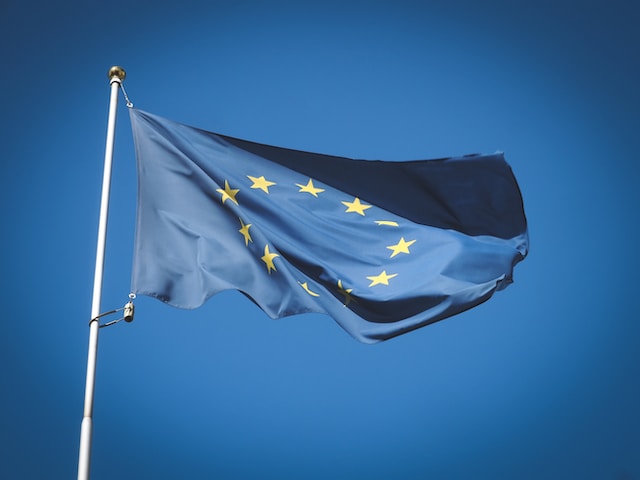 POLICY
POLICY
 POLICY
POLICY
 POLICY
POLICY
Meta Platforms Inc. today explained that it has had to make some major changes in Europe to its Instagram and Facebook platforms in order to comply with the bloc’s Digital Services Act, or DSA.
Meta, just as any other American tech behemoth will have to do if it wants to meet the requirements of the EU’s far-reaching tech rules, is introducing a slew of transparency measures to its platforms while also putting some power back in the users’ hands in regard to what they see.
The DSA has been in the pipeline since 2022 and will become law in February 2024. The aim, says the EU, is to make the internet a safer place.
Under the new rules, tech firms won’t be able to target kids with advertising. There are rules about targeting people on what’s deemed sensitive information: religion, race and the like. The EU will also have much more power to force tech companies to remove certain content, content that could be related to terrorism, but also hate speech and scams.
If companies don’t comply, they stand to pay a fine of up to 6% of their global revenue, which for Meta could be a handsome $7 billion. If the company in question breaks the rule numerous times, it could be kicked out of the EU. The EU has said the days are over, or will be over, when Big Tech companies act like “they are too big to care.”
Nick Clegg, Meta’s president of global affairs, said in a blog post today that since November last year, the company has had what he calls one of the “largest cross-functional teams in our history” working in line with DSA rules to give people more options and more transparency.
“For example, on Facebook and Instagram, users will have the option to view Stories and Reels only from people they follow, ranked in chronological order, newest to oldest,” Clegg explained. “They will also be able to view Search results based only on the words they enter, rather than personalized specifically to them based on their previous activity and personal interests.”
Meta has been improving transparency around ads – including political ads – for years now with the Ads Library. But for the EU, the company says, its taken transparency to another level, saying it will “display and archive all ads that target people in the EU.” For users aged 13 to 17, there will be zero targeted advertising.
Also related to the new transparency measures, Meta will release “the Meta Content Library and API” for researchers who want to take a look under the hood. The company said another major change is to the reporting system. EU users will have more options to report content, and if they are on the wrong end of moderation, Meta will provide more information as to what it has done and why it’s done it. Most social media companies are notoriously vague or even closed off when it comes to this.
Support our mission to keep content open and free by engaging with theCUBE community. Join theCUBE’s Alumni Trust Network, where technology leaders connect, share intelligence and create opportunities.
Founded by tech visionaries John Furrier and Dave Vellante, SiliconANGLE Media has built a dynamic ecosystem of industry-leading digital media brands that reach 15+ million elite tech professionals. Our new proprietary theCUBE AI Video Cloud is breaking ground in audience interaction, leveraging theCUBEai.com neural network to help technology companies make data-driven decisions and stay at the forefront of industry conversations.